The European Commission is engaging with industries to address U.S. tariffs, focusing on countermeasures to protect European businesses from price hikes and economic uncertainty.
European Commission President Ursula von der Leyen held discussions with representatives from the metals and automobile industries on Monday to address the response to U.S. tariffs. The talks aimed to gather data for further counter-measures, with the EU's planned response to U.S. steel duties to be voted on later this week. A call with the pharmaceuticals industry is set for Tuesday.
Stocks in Europe and Asia, along with oil prices, dropped on Monday due to concerns that U.S. President Donald Trump's tariffs could drive up prices, reduce demand, and potentially lead to a global recession. Von der Leyen revealed that the EU would propose a new trade measure from July 2026 to replace current steel safeguards and combat the effects of global overcapacity.
During the metals industry call, participants requested measures to mitigate indirect impacts from the tariffs and urgent action to keep aluminium and steel scrap in the EU. The Commission is considering export duties on scrap sales and has already reduced steel imports by 15% since April 1.
The EU also discussed potential tariff reductions for U.S. car imports, with carmakers such as BMW and Volkswagen advocating for cuts. The call included major industry figures like CEOs from BMW, Volkswagen, and Bosch.
While pharmaceuticals are exempt from the tariffs announced by Trump, the industry is pushing the Commission to clarify plans for boosting manufacturing in Europe. This may involve simplifying regulatory processes to encourage more clinical trials in the region.
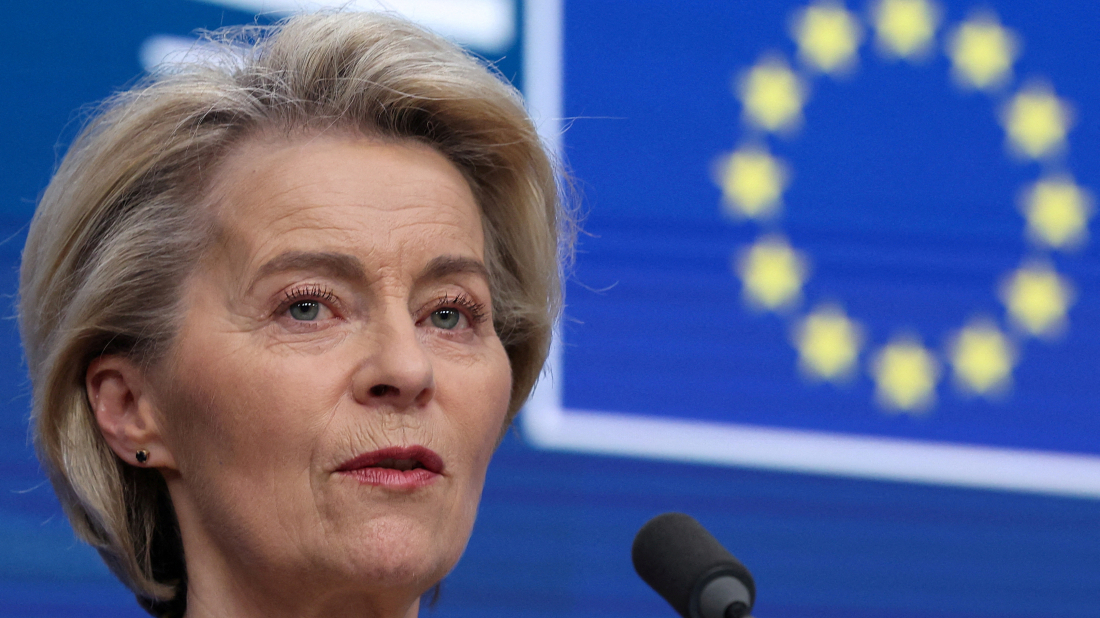




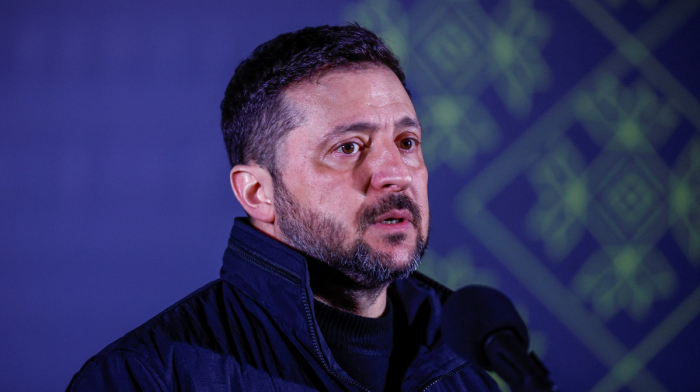

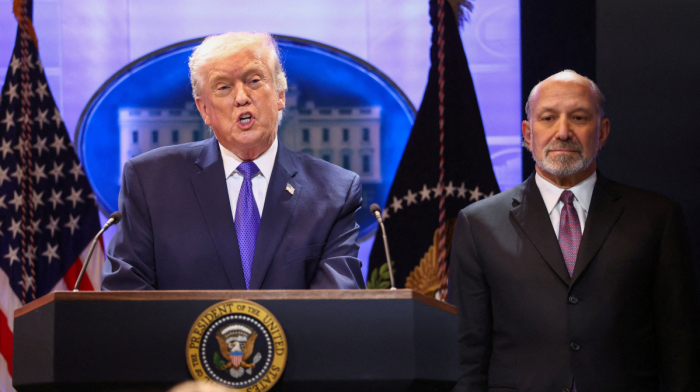
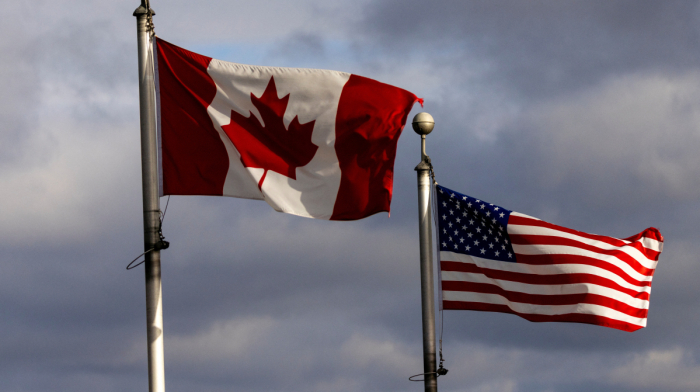
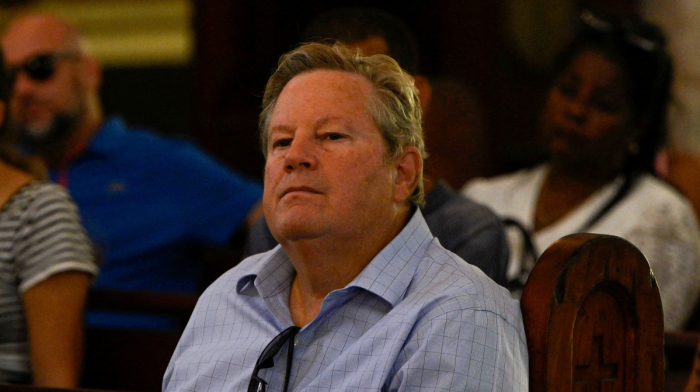
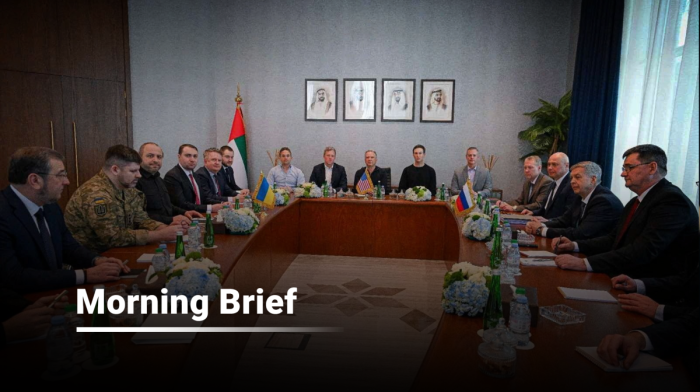

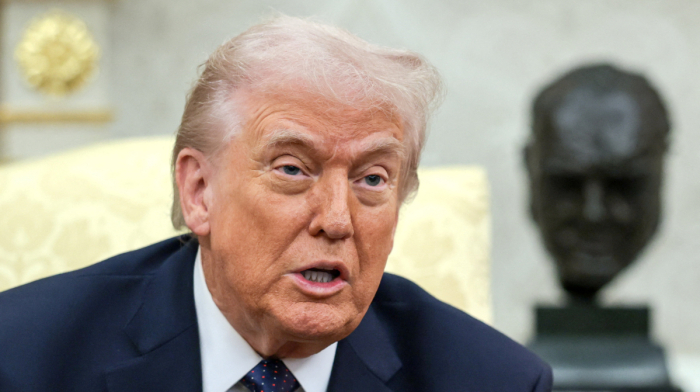
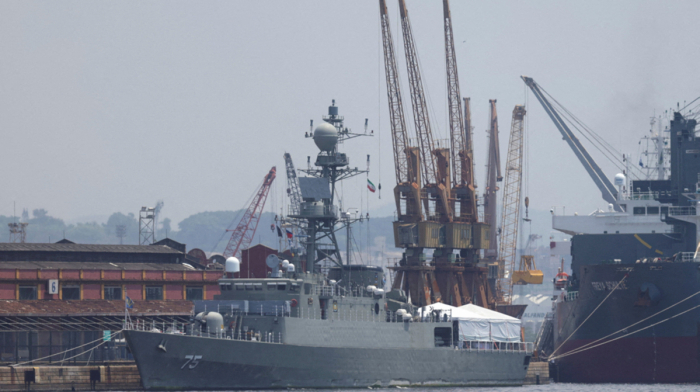
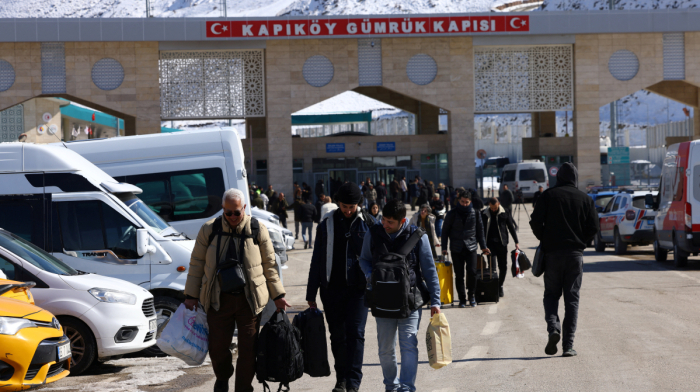
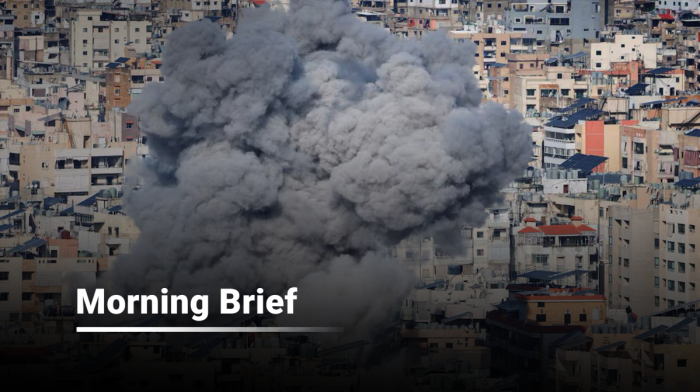
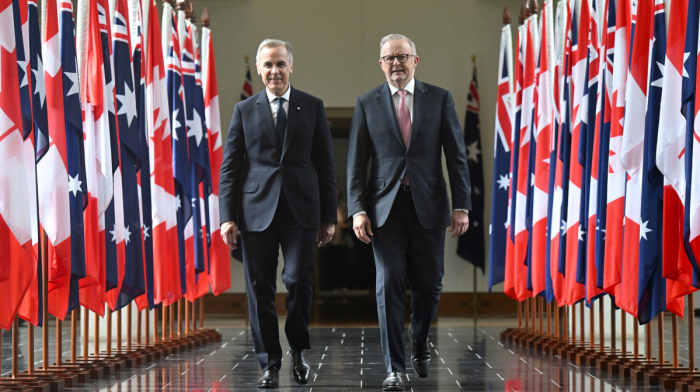
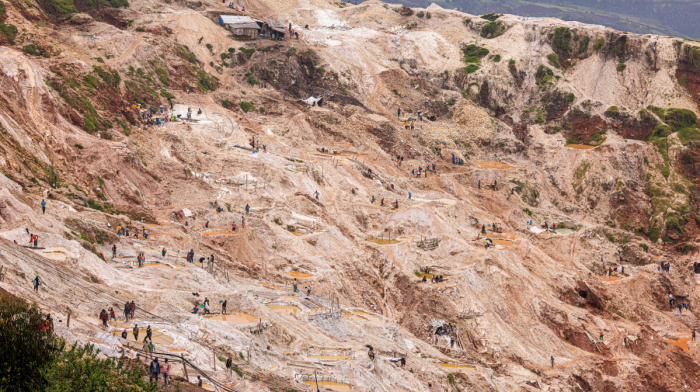




What is your opinion on this topic?
Leave the first comment